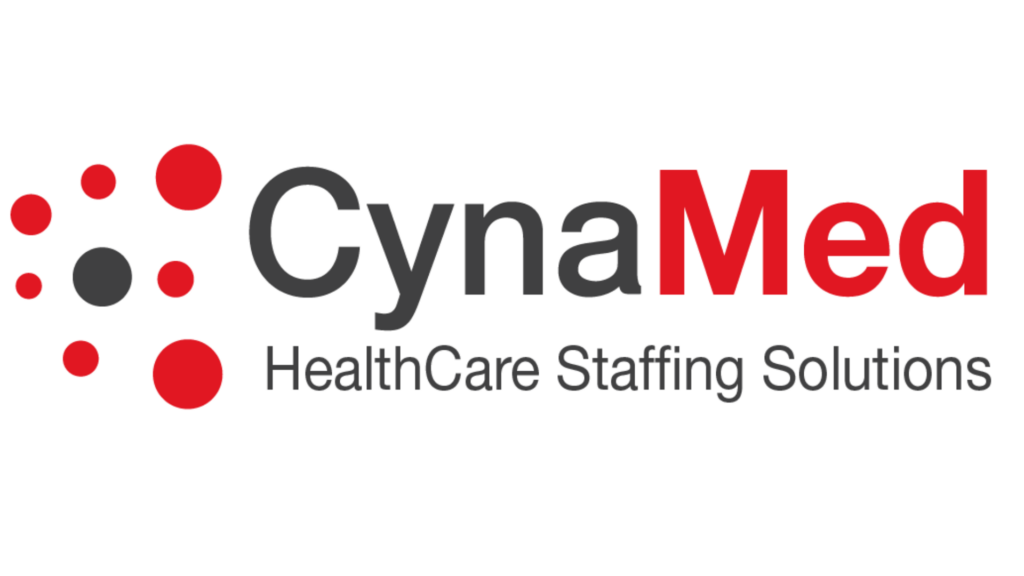Certified nursing assistants (CNAs) and licensed practical nurses (LPNs) are both important healthcare providers. Both work with patients in various settings. While the two roles tend to overlap, there are some outstanding differences between a CNA and an LPN. For instance, there are notorious differences in the positions’ salary, training, coursework, and work duties.
Training
A CNA undergoes 75 to 120 hours of training over a four- to six-week period at an approved facility. In contrast, LPNs must attend school for at least a year. If you decide to get your associate’s degree in licensed practical nursing, you will need to attend school for two years.
Coursework
As a CNA, you are required to take classes regarding the following subjects:
- Anatomy
- physiology
- Patient rights
- Basic patient care (e.g. how to make a bed)
- Learn how to take observations and vital signs.
While LPNs must also master the topics mentioned above, they will also need to learn about medication dosages, the legal implications of their actions, how to administer medication, pathophysiology, and specialized care. Additionally, for LPN jobs you must learn about obstetrics, pediatrics, geriatrics, and psychiatry.
Examination and Licensing
Before you can get CNA jobs you must first pass your state board of nursing’s certification exam. This certification is not necessarily valid in other states). You do not need a license since you are working as a nursing assistant. However, as an LPN you must pass the NCLEX-PN exam and become licensed before getting a job. This nationally-recognized test allows you to work anywhere throughout the United States. You will need to renew your license regularly which means you must take continuing professional education.
Once you qualify to work as a CNA, your certification will be good for two years from the date it was initially issued. To maintain this certification, you must work in the nursing field for a specific amount of time that varies from state to state. An LPN’s license is also valid for two years. To renew it, you must take part in continuing education classes and work as a paid professional for a specific amount of time.
Scope of Practice
Another difference between CNAs and LPNs is the scope of practice. When you work in CNA jobs, you will be supervised by either an LPN or an RN. As a CNA, you won’t be able to make any independent decisions. However, as an LPN you will be responsible for reporting directly to an RN. You will do some of the same work as a CNA but you will have more independence. LPNs work directly with patients instead of merely following the directives they have been given.
Duties and Responsibilities
As a CNA, you are responsible for taking care of all of a patient’s crucial needs, such as answering when they call, collecting samples, transporting them throughout the hospital, recording their condition, helping with ambulation, making their beds, and helping them get washed up. When you become an LPN, you will not only have these responsibilities but you will also be responsible for filling in medical records, conducting minor surgeries (e.g. stitches), and dressing a patient’s wounds. Furthermore, you will be the one who is involved in laboratory testing, giving injections, giving enemas, and monitoring catheters.
If you are an LPN or CNA looking for a job, reach out to CynaMed today. We place nurses in desirable jobs every day.






